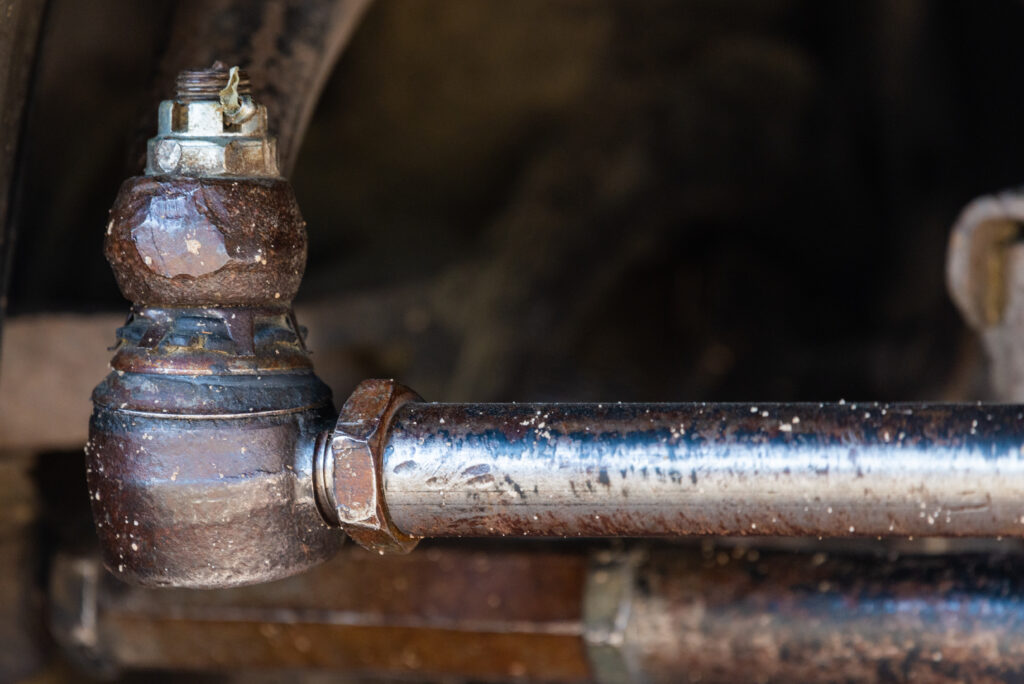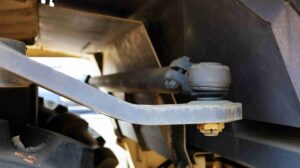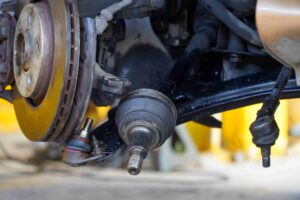Are Tie Rods Covered Under Warranty
Are Tie Rods covered under warranty? If your car is covered under a manufacturer or factory warranty, repairs are generally covered at no cost to you. However, most manufacturer warranties only last a certain amount of time or mileage, with most standard factory warranties ending at 3 years or 36,000 miles. If your car’s Tie Rods break unexpectedly and your manufacturer’s warranty expired, then you’ll left paying those costly repair bills on your own.
It’s important to check the warranty information for your specific vehicle before making any repairs. Some warranties may cover the cost of repairs, while others may only cover the cost of replacement parts.
Manufacturer’s Warranty
When Tie Rods break, they are commonly covered by the vehicle’s Manufacturer Warranty. This coverage typically applies to defects in materials or workmanship during the warranty period. The warranty duration for a vehicle’s Tie Rods can vary. It may range from a few years to the vehicle’s lifetime. Check your vehicle’s warranty documentation or contact the manufacturer for coverage period.
Manufacturer warranties frequently include exclusions, such as coverage for typical wear and tear or damage resulting from accidents, misuse, or modifications by the owner. Should your vehicle’s Tie Rods break, you can usually get it fixed or replaced at an authorized dealership or service center. In order to secure warranty coverage for your vehicle, proof of ownership is typically required. This can be provided through your vehicle’s registration or purchase documents.
Extended Warranty
Consumers may choose to buy a Mopar Extended Warranty to cover Tie Rods. These are frequently provided by third-party companies or retailers and can offer coverage beyond the manufacturer’s warranty. Carefully review the policy to understand the coverage and circumstances for repairs under extended warranties.
The Mopar Maximum Care Warranty, also known as the “bumper-to-bumper” warranty, is the most comprehensive extended coverage available for Chrysler, Dodge, Jeep or Ram. It extends your Chrysler, Dodge, Jeep or Ram’s powertrain and basic component coverage beyond the 3-year/36,000-mile manufacturer’s warranty. Additionally, it covers more than 5,000 components, providing virtually complete mechanical coverage for your vehicle.
The only components not covered under this warranty include:
- Maintenance services and items used in such services.
- Glass, plastic lenses.
- Body and paint items, including soft trim.
- Wear items such as manual clutch assembly, brake pads, shoes, rotors, drums and belts are not covered at any time.
- Snowplows, winches and trailer hitches
Signs of Failing Tie Rods
Your vehicle’s tie rods are integral components of the steering system, responsible for connecting the steering knuckles to the wheels. As wear and tear take their toll, tie rods may exhibit signs of failure that should not be ignored. Identifying these warning signals early can prevent issues from escalating, ensuring a safer driving experience. In this post, we’ll delve into the key indicators of failing tie rods and what they mean for your vehicle’s performance.
- Loose or Unresponsive Steering. One of the primary indicators of failing tie rods is a loose or unresponsive steering wheel. If you notice increased play in the steering or find it challenging to maintain control, there’s a likelihood that the tie rods are compromised.
- Alignment Issues. Misaligned wheels are a common consequence of failing tie rods. If your vehicle tends to pull to one side while driving, even when the road appears level, it’s a clear sign that the tie rods are not functioning as they should. Correcting the alignment alone may not solve the issue; addressing the tie rods is crucial.
- Unusual Noises While Turning. Pay attention to any strange noises, such as clunking or knocking sounds, especially when making turns. Failing tie rods can produce these noises as a result of increased play or instability in the steering system.
-
Uneven Tire Wear. Similar to failing control arms, failing tie rods can lead to Uneven Tire Wear. Keep an eye on your tire tread, and if you notice excessive wear on one side or in specific patterns, it may indicate a problem with the tie rods affecting the alignment.
- Vibrations in the Steering Wheel. Vibrations felt in the steering wheel, particularly during acceleration or at certain speeds, may be attributed to failing tie rods. The compromised connection between the steering components and wheels can cause noticeable vibrations.
- Fluid Leakage. Inspect the tie rod boots for signs of fluid leakage. If you observe greasy or oily residue around the boots, it could indicate a breach that allows contaminants in and lubricants out. This compromises the tie rod’s ability to function properly.
- Difficulty Turning or Stiff Steering. Failing tie rods can result in difficulty turning, particularly at lower speeds, or an overall stiff steering feel. If you find yourself exerting more effort than usual to turn the wheel, it’s time to investigate the condition of your tie rods.






